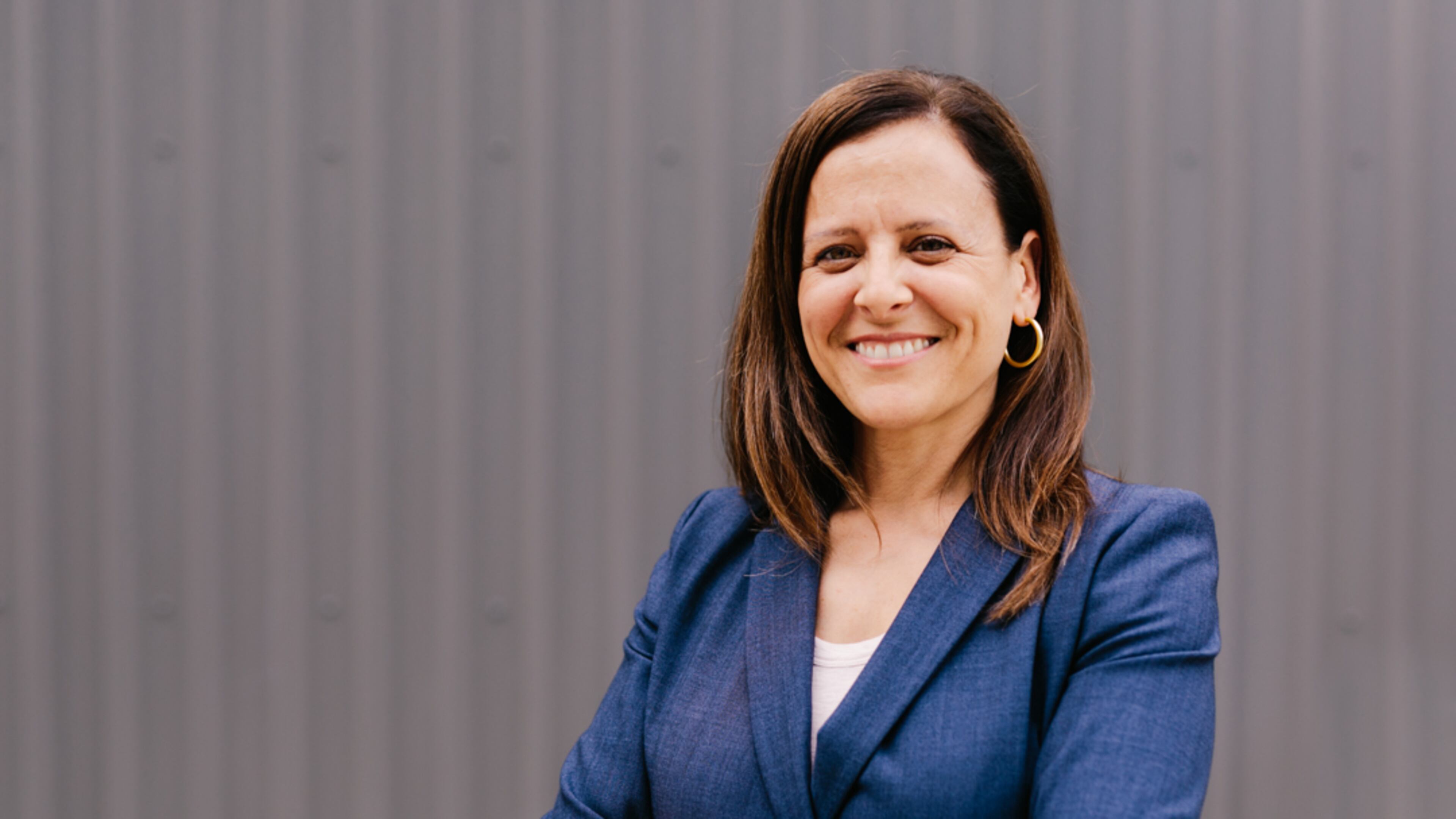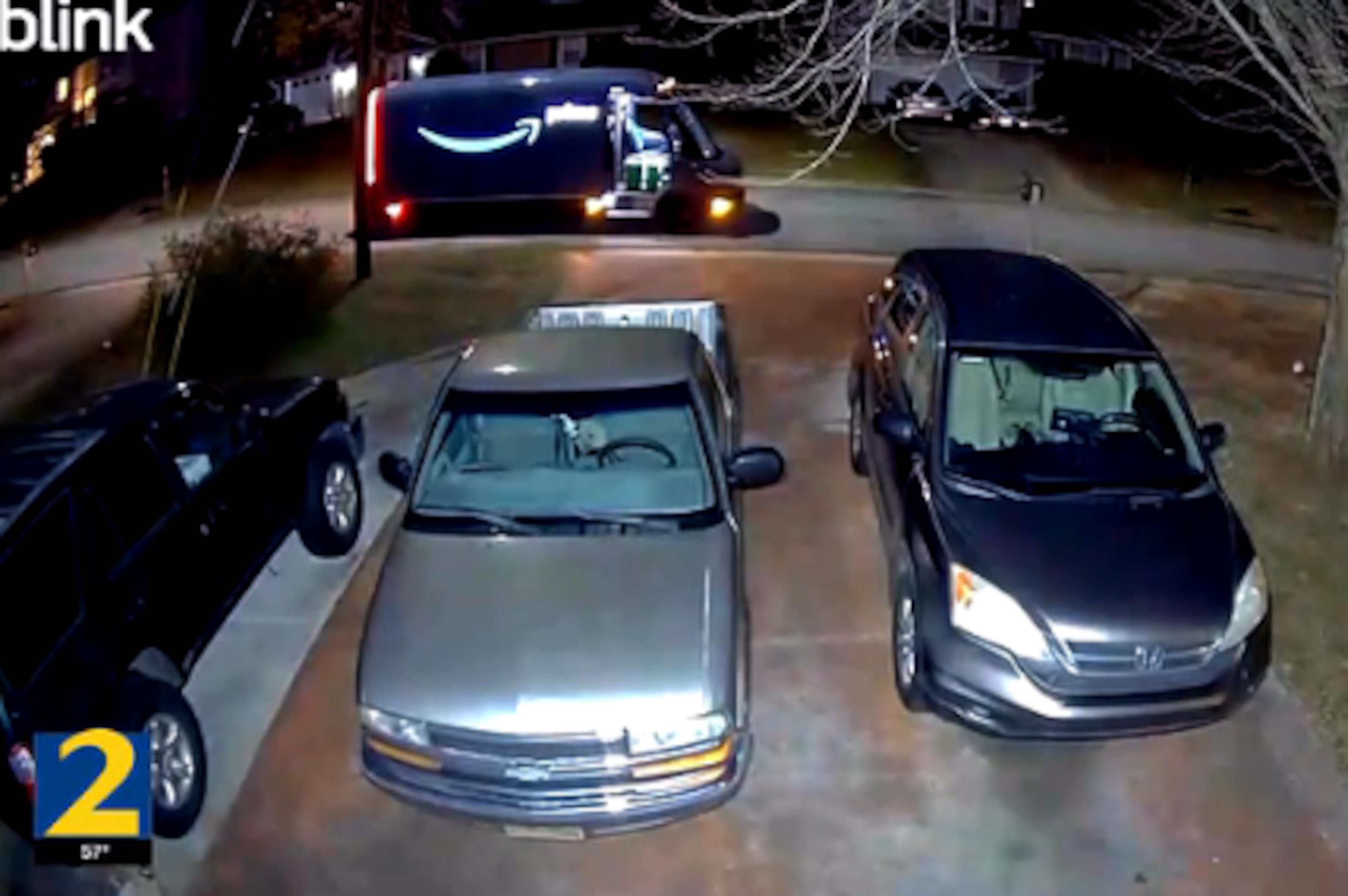Q&A with ‘Partners for HOME’ CEO on Atlanta’s homelessness strategy

Partners for HOME received $3.5 million in funding in October to support its work as Atlanta’s leading nonprofit managing the city’s coordinated strategy on homelessness. This money was a part of the $4.3 million contract extension approved in July by Mayor Keisha Lance Bottoms to support transitional and permanent housing efforts for more than 3,000 people experiencing homelessness.
This funding will be used to sustain the Evolution Center, a shelter run by Gateway, with street outreach teams and rapid rehousing efforts. Money will also go toward the rental or purchase of hotels, creating a temporary shelter for people experiencing homelessness.
Cathryn Marchman, chief executive officer of Partners for HOME, discussed the challenges and projects.
Q: In an interview last year, you mentioned that only 30% of emergency or transitional shelter beds were underused or unused by people experiencing homelessness. Has that number changed?
A: It really hasn’t. The reality is our beds are usually underutilized, and I think that’s kind of a misconception in the system.
In January of this past year, we had 1,022 transitional housing beds, and there were 601 people in those beds. So, we have about 421 beds, to be exact, that were empty. In emergency shelters, we had 1,997 beds, and we had 1,392 people in those beds, so we had about 600 beds that were vacant in shelter.
Q: When you talk about underutilization being a misconception, in what way?
A: Well, among people experiencing homelessness. For example, we asked that question on the night of the (Point-in-Time) Count (an annual census of people experiencing homelessness; full reports can be found at partnersforhome.org/data) in 2020. If you had access to shelter, would you go? 60% said “yes,” 33% said “no.” And then we sent a follow up question: “Then why are you sleeping outside?” One of the largest respondents was somebody didn’t think that there was a bed available.
Among the population of people experiencing homelessness outside, there are definitely either perceptions or the beliefs — and many of them are accurate — that the rules, the curfews, and the barriers to not accepting people with behavioral health issues are just too much for them to manage.
Q: In Atlanta, what kind of housing or services do we see most often needed?
A: The number of people who are experiencing chronic homelessness in our system is always far smaller than the total number of people in our system at any given time. So, there might be some of those who are families that are chronic, some of those who are youth that are chronic. There’s going to be veterans; that’s going to be a little bit of a bigger number.
The rest are non-chronic, and most of them are non-chronic singles. We prioritize chronics and we prioritize investment in supportive housing, because arguably a non-chronic single household can potentially even self-resolve, and oftentimes do, so there are many people on any given day that come in and out of our system without a housing solution. But that smaller group of people who are experiencing chronic homelessness are far more vulnerable and are actually more likely to die homeless but for our assistance, and they’re also the folks that will be stuck in our system.
Q: Utilizing hotels to temporarily house people experiencing homelessness has been a big focus during the pandemic. What does hoteling offer as a temporary housing solution?
A: The benefit we found from the hotel was that it became a very successful tool in moving people from the street right away into a temporary place where they could be safe from the elements. In a safe, dignified, low barrier shelter, where they can also safely isolate and social distance. It’s just more challenging, in general, working with somebody from the street and getting them into housing from the street than it is from a stationary location where they have a roof over their head. Where they’re able to shower, get meals, and where we know we can find them, and call them and connect to somebody that’s already on site working with them.
Q: Even with all the housing programs and shelters available, why are there still so many people experiencing homelessness?
A: Any given month, we are only able to make — with our current portfolio of resources — about 40 housing placements a month. That includes rapid rehousing and supportive housing. So, if you take supportive housing, for example, we have not as a system historically invested in creating new units of supportive housing. And so that is our number one focus.
We don’t have enough housing inventory to put all these folks into housing. We don’t have enough money or resources to house them. Which is why we end up creating prioritization and eligibility criteria for folks that are the most vulnerable in our system.
Q: Let’s talk about what projects are on the way.
A: We got Atlanta Housing to commit 550 units of project-based rental assistance. So, we have the rent committed for 15 years for 550 units that we build. And then we got the county (Fulton) to commit to providing the services for 30 years for everybody that goes into those units. And we have 417 that are underway, and we are all excited about that.
The interview has been edited for clarity and length.
MEET OUR PARTNER
Working closely with the American Press Institute, The Atlanta Journal-Constitution is embarking on an experiment to identify, nurture and expand a network of news partnerships across metro Atlanta and the state.
Today’s story comes from our newest partner, the Covering Poverty project, which is part of the Journalism Writing Lab, an initiative of the Cox Institute for Journalism Innovation, Management and Leadership at the University of Georgia.
This story and others will become part of an online toolkit, covering poverty.uga.edu, which is devoted to helping journalists across the country cover meaningful stories about people and poverty-related matters.
If you have any feedback or questions about our partnerships, you can contact Senior Manager of Partnerships Nicole Williams via email at nicole.williams@ajc.com.


